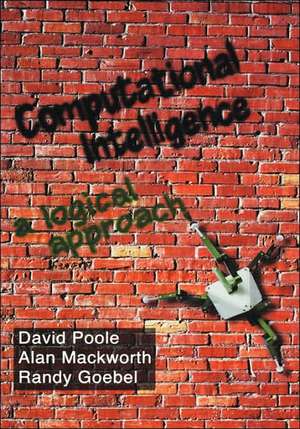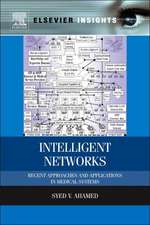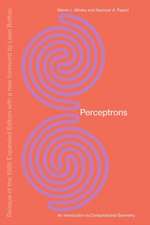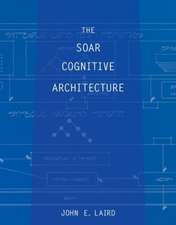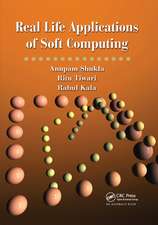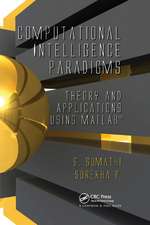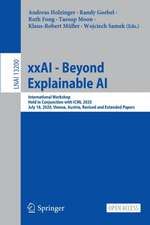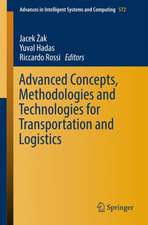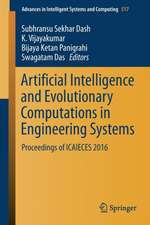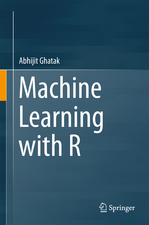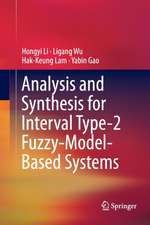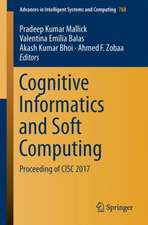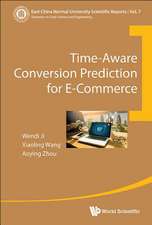Computational Intelligence: A Logical Approach
Autor David Poole, Randy Goebelen Limba Engleză Hardback – 18 mar 1998
Ideal for upper-level undergraduate and introductory graduate courses in artificial intelligence, Computational Intelligence encourages students to explore, implement, and experiment with a series of progressively richer representations that capture the essential features of more and more demanding tasks and environments.
Preț: 1490.54 lei
Preț vechi: 2041.83 lei
-27% Nou
285.25€ • 309.74$ • 239.61£
Carte tipărită la comandă
Livrare economică 22 aprilie-06 mai
Specificații
ISBN-10: 0195102703
Pagini: 576
Ilustrații: numerous line figures
Dimensiuni: 197 x 243 x 32 mm
Greutate: 1.22 kg
Editura: Oxford University Press
Colecția OUP USA
Locul publicării:New York, United States
Descriere
This introductory textbook on Artificial Intelligence (AI) is aimed at junior/senior undergraduate and graduate level students. The book will weave a unifying theme among the core concepts that underlie the discipline of AI. While the text makes use of Prolog as its primary programming language, class testers have successfully substituted a Lisp-like pseudocode. The book encourages the student to expore, implement and experiment with a series of progressively richerlogic-based representations that can capture the essential features of more and more demanding tasks and environments. The unifying theme will feature an intelligent agent acting in its own environment. This will serve to place the core concepts of AI in a coherent and cohesive framework, making iteasier to teach and learn from. This approach will clarify and integrate representation and reasoning fundamentals and lead the students from simple to complex ideas with clear motivation. The authors have developed AI representation schemes and describe their use for interesting and popular applications, such as natural language vision, robotics, game playing, and expert systems. The manuscript has been class tested in a number of different courses in Canada, Japan, and Europe. Virtually everyuniversity and college has an interdisciplinary course on artificial intelligence. The enrollment in such courses is rising, as many interdisciplinary programs, such as cognitive science, psychology, linguistics, engineering, medicine, business and philosophy, recommend the course.
